People with diabetes must be careful in choosing foods, including avoiding foods that contain sugar. This is important to avoid more severe diabetes complications, including nerve damage and cardiovascular disease.
Nevertheless, it actually does not mean that individuals with diabetes must avoid all sugary foods. There are many alternative sweeteners available to maintain the sweet taste in food and drinks, but it is relatively safe for diabetics.
Approximately what types of sugar substitutes are safe for diabetics? Check out the list below.
1.Stevia
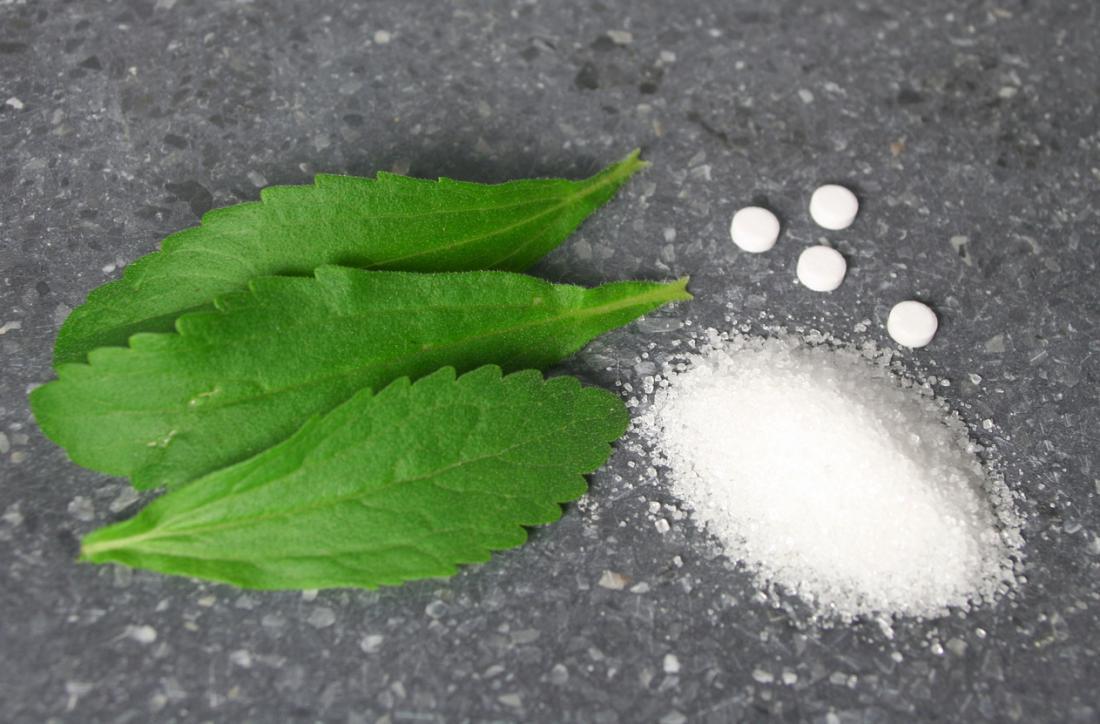
Stevia is a low-calorie sweetener that has antioxidant and antidiabetic properties and has been approved by theUS Food and Drug Administration.Unlike artificial sweeteners and sugar, stevia can reduce plasma glucose levels and significantly increase glucose tolerance. It contains zero calories like some artificial sweeteners.
In addition, reported by theHealthline page,stevia also has the ability to increase insulin production, increase the effect of insulin on cell membranes, stabilize blood sugar levels, and fight the mechanism of type 2 diabetes and its complications.
As a sweetener, stevia has grown in popularity, especially among people with diabetes. However, the best way to consume stevia is to grow your own plants and use all the leaves to sweeten food.
2. Tagatose
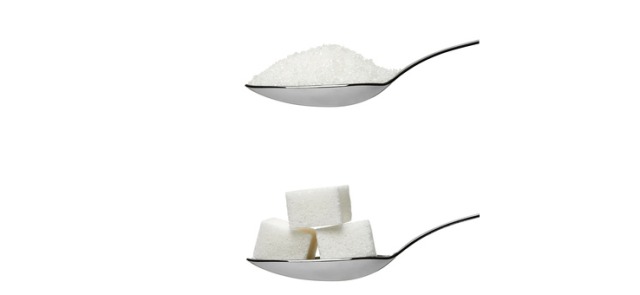
Tagatose is a natural sugar that is good for individuals with diabetes.A study published inExpert Opinion on Investigational Drugsshows that tagatose may be an antidiabetic and anti-obesity drug that can potentially reduce blood sugar and insulin responses, and inhibit carbohydrate absorption.
A review of studies inBioMed Research International concluded that tagatose can be a sweetener without major side effects.
3. Sucralose
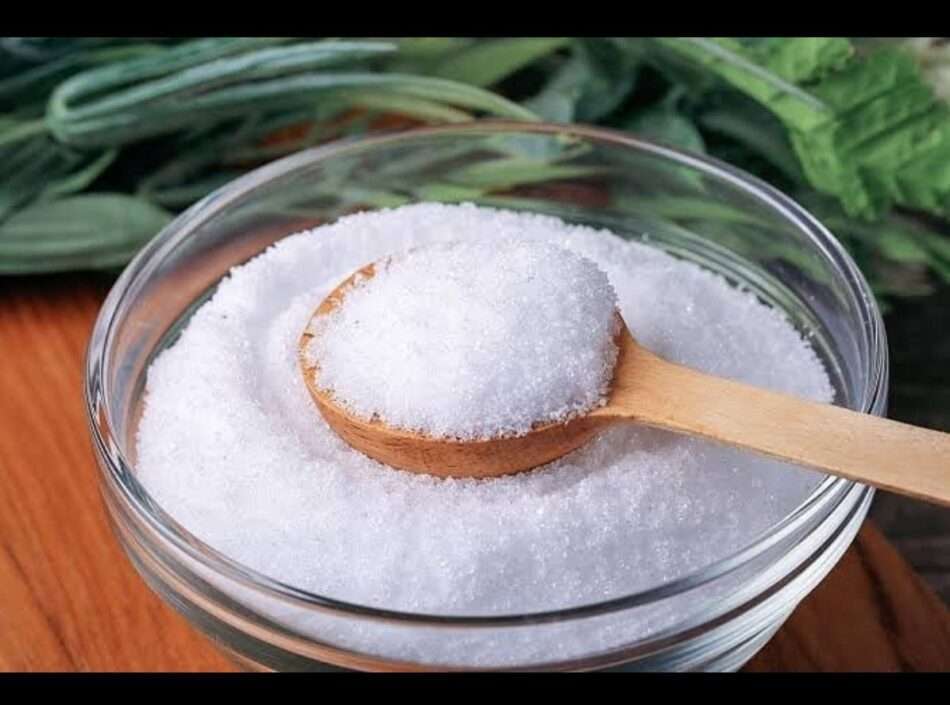
Quoted from theEveryday Health page, sucralose is an artificial sweetener made from sucrose.This sweetener has a 600-fold sweetness level from table sugar but contains very few calories. Sucralose is one of the most popular artificial sweeteners and is widely available.
Typically, food manufacturers add sucralose to a variety of products, from chewing gum to baked goods. One of the advantages of this alternative sweetener is its heat resistance, while many other artificial sweeteners lose their flavor at high temperatures.
4. Aspartame
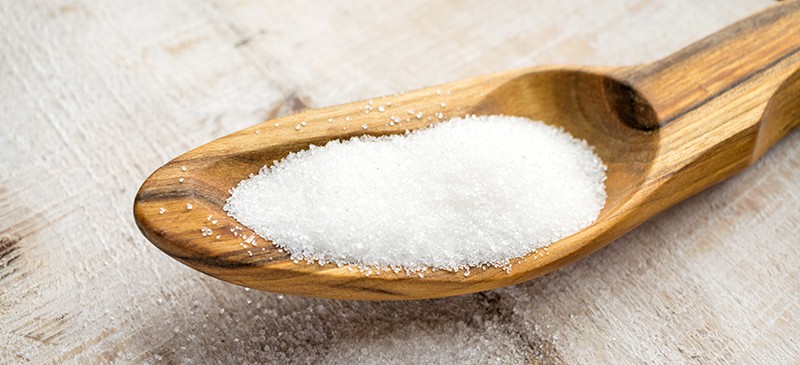
Aspartame is an artificial sweetener that is about 200 times sweeter than sugar and is often added to various food products, including diet soda. Unlike sucralose, aspartame is not a good sugar substitute for baking.
People with the rare genetic disorderphenylketonuria (PKU) should avoid aspartame because their bodies are deficient in the enzyme that breaks down phenylalanine. If they consume foods or beverages containing significant amounts of phenylalanine, it can build up in their bodies and can cause mental impairment and possibly brain damage.
According to theUS Food and Drug Administration, aspartame is safe for consumption at a ratio of 50 mg/kg body weight.
5. Saccharin
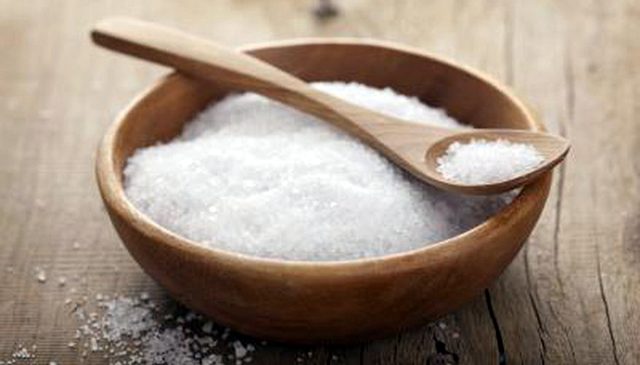
Saccharin, a calorie-free sweetener with a sweetness level of 300 to 500 times sweeter than sugar. According to theBritannica website,saccharin is the first artificial sweetener, which was discovered accidentally by chemists as a derivative of coal tar in 1879.
Previously, saccharine was considered to increase the risk of cancer. However, according to a study conducted by theNational Toxicology Program of the National Institutes of Health, saccharin is not included in the list of potential carcinogens. Saccharin has also been approved by theUS Food and Drug Administration.
Thus some sweeteners as a sugar substitute for people with two types of diabetes. Each sweetener has advantages and disadvantages, you should consult with your doctor before choosing sweeteners as sugar substitutes.
Sources: Idntimes.com

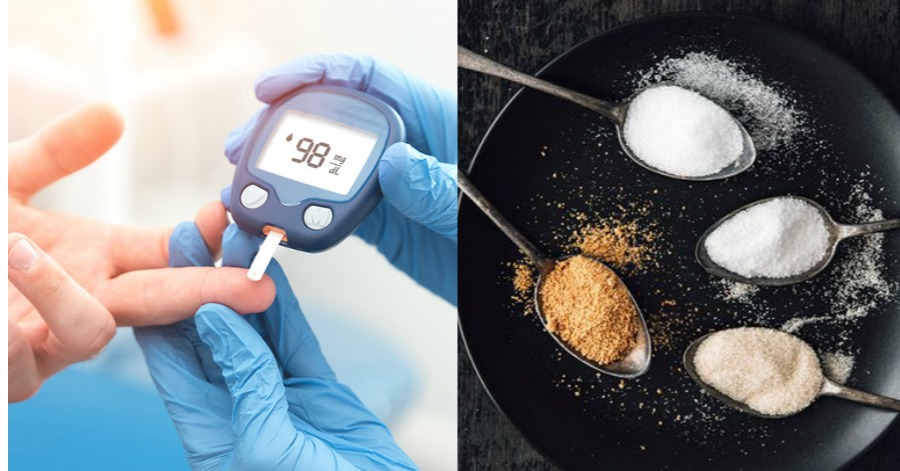



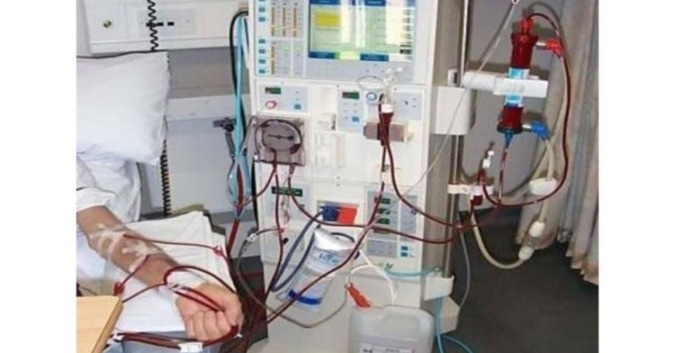

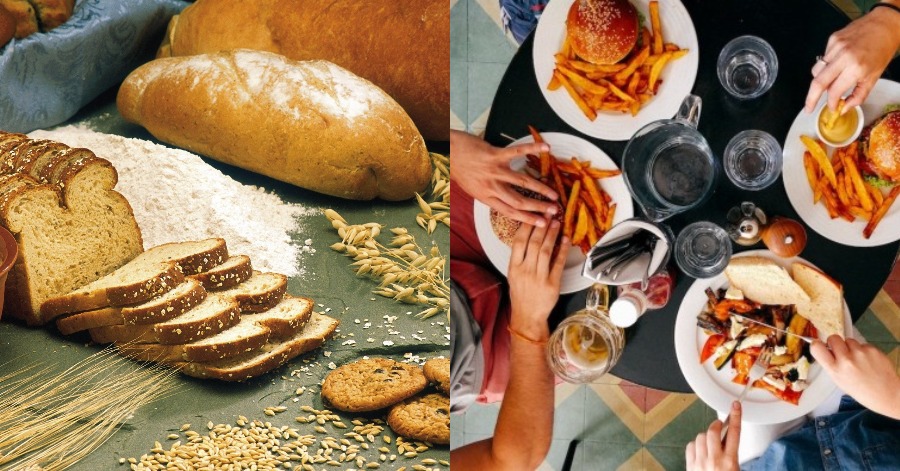
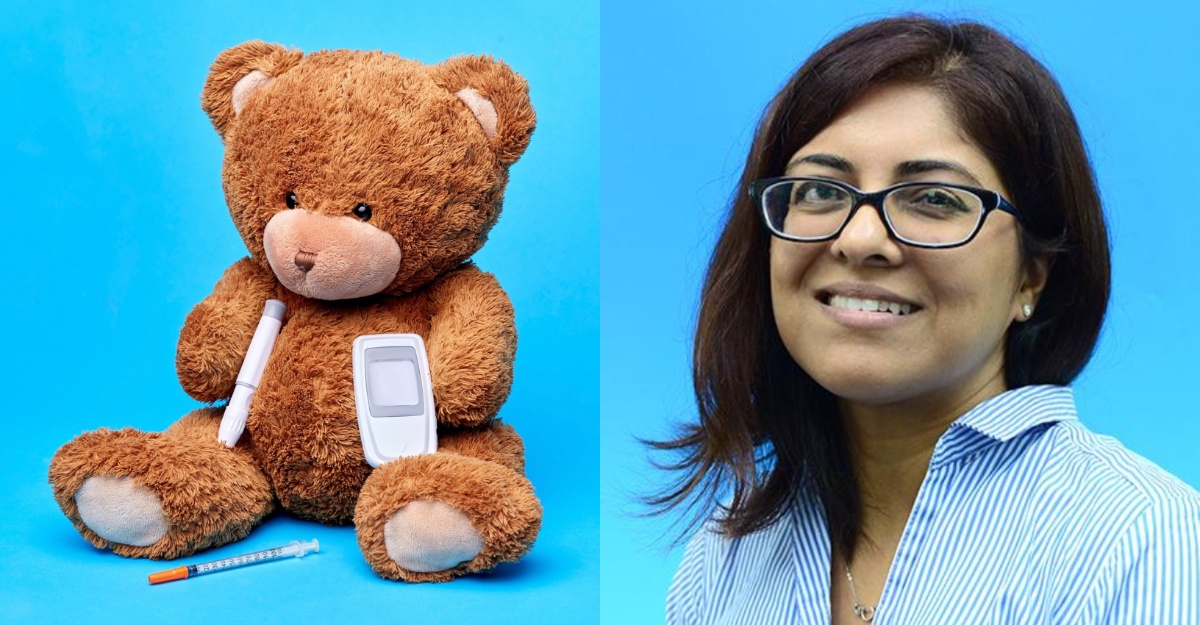
Leave a Comment